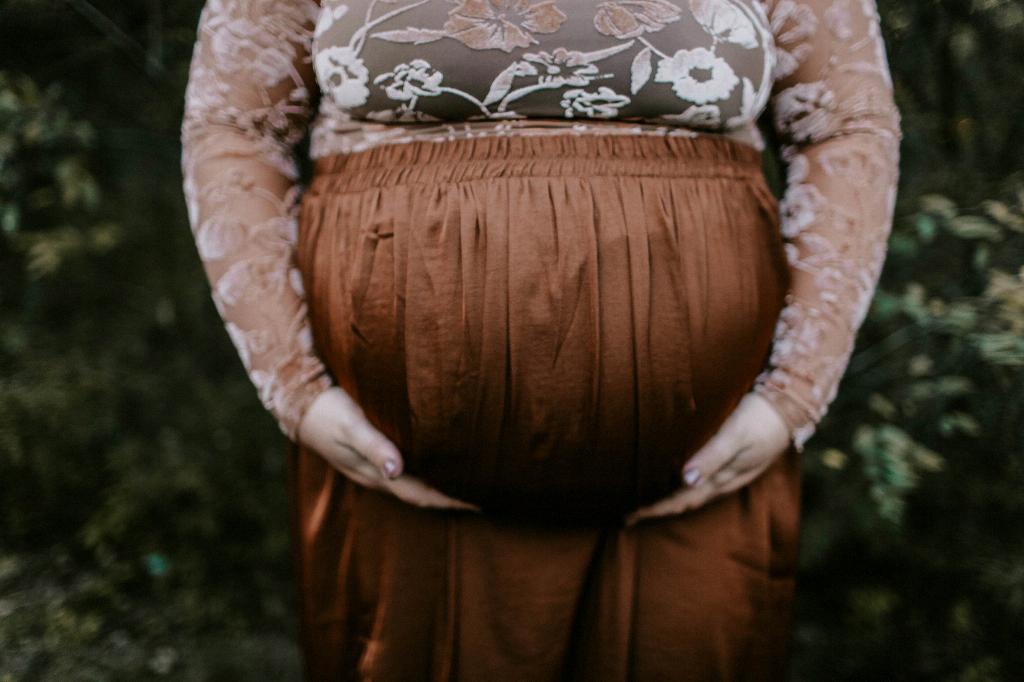When it comes to pregnancy, one of the common concerns expectant mothers have is regarding the safety of using insect repellents. Among the variety of insecticides available in these products, DEET stands out as a popular choice due to its efficacy in repelling insects.
Debunking the Myth: DEET in Pregnancy
Contrary to popular belief, using DEET-based insect repellents during pregnancy is considered safe. The key lies in the concentration of DEET in the product. Many repellents contain up to 50 percent DEET, which is deemed safe for use during pregnancy and while breastfeeding.
Manufacturer Guidelines for DEET Use
While using insect repellents with DEET, it is crucial to adhere to the guidelines provided by the manufacturers. Following the recommended usage instructions ensures that you are using the product safely and effectively.
Effectiveness of DEET as an Insect Repellent
DEET is renowned for its high effectiveness in repelling a wide range of insects, including mosquitoes and ticks. This makes it a valuable tool for protecting yourself from insect-borne diseases, particularly during pregnancy when taking additional precautions is essential.
Consulting a Healthcare Provider
As with any product used during pregnancy, it is advisable to consult your healthcare provider before incorporating DEET-based insect repellents into your routine. Your healthcare provider can offer personalized advice based on your individual circumstances.
Precautions to Take
While DEET is considered safe for use in pregnancy, taking certain precautions can further enhance your safety. Avoid applying repellents containing DEET on broken skin and ensure proper ventilation when using these products.
The Importance of Protection
During pregnancy, protecting yourself from insect bites becomes even more crucial. Insect-borne illnesses can pose risks to both you and your unborn child, making the use of effective repellents like DEET a valuable preventive measure.
Alternatives to DEET
If you prefer to explore alternatives to DEET-based repellents, there are natural options available that can help repel insects. Essential oils like citronella and eucalyptus offer natural insect-repelling properties that can be a suitable choice during pregnancy.
Choosing the Right Product
When selecting an insect repellent during pregnancy, opt for products that contain a safe concentration of DEET, typically up to 50 percent. Checking the product label and following usage instructions diligently can help you make an informed choice.
Balancing Efficacy and Safety
While efficacy in repelling insects is crucial, ensuring the safety of the product you use during pregnancy takes precedence. By striking a balance between effectiveness and safety, you can protect yourself and your baby from potential harm.
Final Thoughts on DEET in Pregnancy
In conclusion, using insect repellents containing up to 50 percent DEET is considered safe for pregnant individuals. By following manufacturer guidelines, consulting your healthcare provider, and taking necessary precautions, you can effectively protect yourself from insect bites while safeguarding your pregnancy.

